Eleven hours, twenty-seven Cathedral students, two teams, twenty-three events, countless energy drinks, and one dream: to make Science Olympiad history.
On Sunday, February 17th, hundreds of excited high schoolers set their alarm clocks on early, scarfed down as hearty a breakfast as their anxious stomachs would allow, packed up their notes and materials, and made their way to Del Norte High School for a call time of 7 am. Once on the grounds, the students gravitated toward their respective teams, each school setting up a tent to house the students waiting to compete.
“Camp Cathedral,” as the CCHS students lovingly called their snack food and science supply cluttered tent, became a hub of activity once the competition began at 8 o’clock. The young science lovers competed in pairs, and because each event had a different starting time, there were always a few of the twenty-seven present in the tent, studying and preparing for their next event. Chemistry and AP Chemistry teacher Dr. Michaela Bertch, who helped coach the students, described the scene as “very exciting.”
“They’d go off in their groups of two,” she said, smiling at the memory of her motivated students running to and from events with their teammates. “As soon as they’d get back, they would tell us how it went, good or bad. It was very exciting for everyone to hear how things were going!”
When the last events ended at 2:30, the exhausted teenagers were forced to entertain themselves for the hour and a half before the auditorium opened. Despite being mentally drained, the students put their nervous energy to use by putting away the tent, cleaning up the empty pizza boxes and snack bags, and reorganizing the supplies – all of which had been riffled through anxiously then thrown aside haphazardly by students desperately trying to get in some last minute studying before an event.
“At four-thirty promptly,” Dr. Bertch began, her voice filled with a suspenseful seriousness reserved for hosts of the Oscars, Monday Night Football commentators, and Science Olympiad advisors, “they began the awards ceremony.”
After the fifth event was announced, with no Cathedral students having been called up to receive an award yet, the young hopefuls began to see their Science Olympiad dreams slowly slip away. Despite their months of hard work, research, creations, mistakes, and teamwork, Cathedral, Team Avogadro and Team Bohr, were destined to remain out of the Science Olympiad spotlight — that is, until the winners of the Robotic Arm competition were announced.
Of the twenty-three events, Cathedral placed top twenty in four. In 20th place for the Robot Arm competition, Ryan Limjoco and Becca Kuypers brought home a win. Also in 20th place, Rahel Hintza and Patrick Pham placed in the Forensics event. Sophomores Joe Powers and Marissa Hepler picked up 18th place in the Fermi Question event, and finally, Patrick Pham and Joel Kosmatka brought home Cathedral’s highest award this year, 11th place in Remote Sensing. “We were very happy,” gushed Dr. Bertch, her eyes shining with joy.
Mrs. Mary Snyder, who worked alongside Dr. Bertch coaching the students, chose to describe the hardworking and dedicated group of science lovers as “fun.”
“Our kids behaved respectfully,” she proudly informed. “They had really great attitudes.”
Dr. Bertch and Mrs. Snyder, along with other dedicated science teachers such as Mrs. Lorin Helbling, chose to give up their weekends to hold Science Olympiad practices and study sessions. On the day of the competition, Mrs. Helbling said the hardworking advisors “made sure students were showing up on time, made sure any needed equipment was impounded on time, and chaperoned.”
Gearing up for next year’s competition, the team hopes to gain more members, ultimately aiming for a team of sixty dedicated science lovers. While an interest in science is usually preferred, there are plenty of ways for English and Art students to get involved, such as helping out during the competition or finding parents that are able to chaperone.
Robbie Smith, a sophomore who just completed his first Science Olympiad competition, could not say enough about how much he loved being a part of the team.
“Science Olympiad is a truly sensational experience. It gives students an opportunity to learn about scientific subjects that are interesting to them outside of the classroom. I am very happy I decided to participate,” Robbie said.
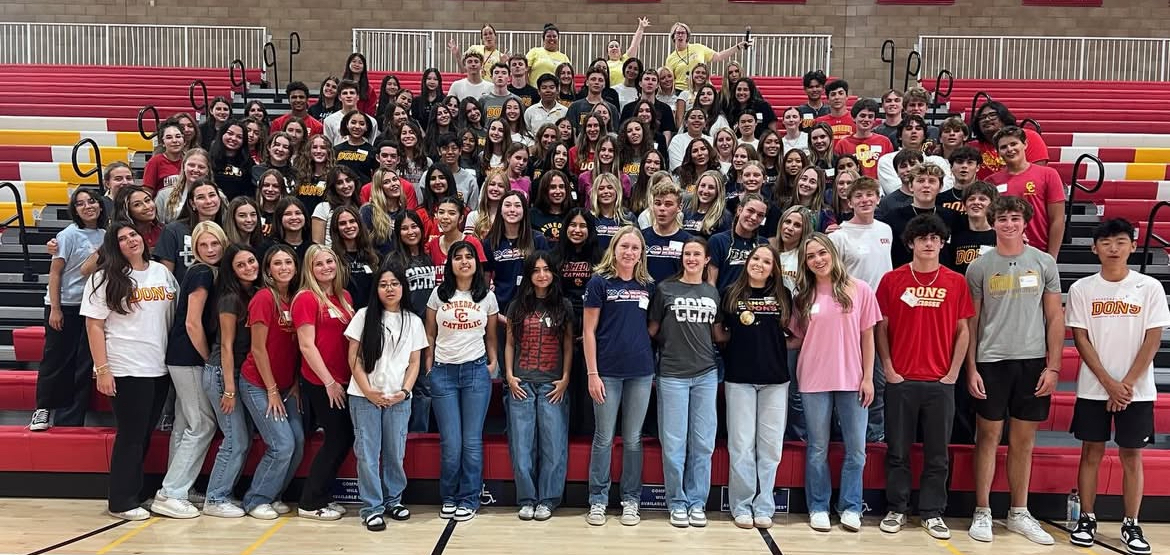
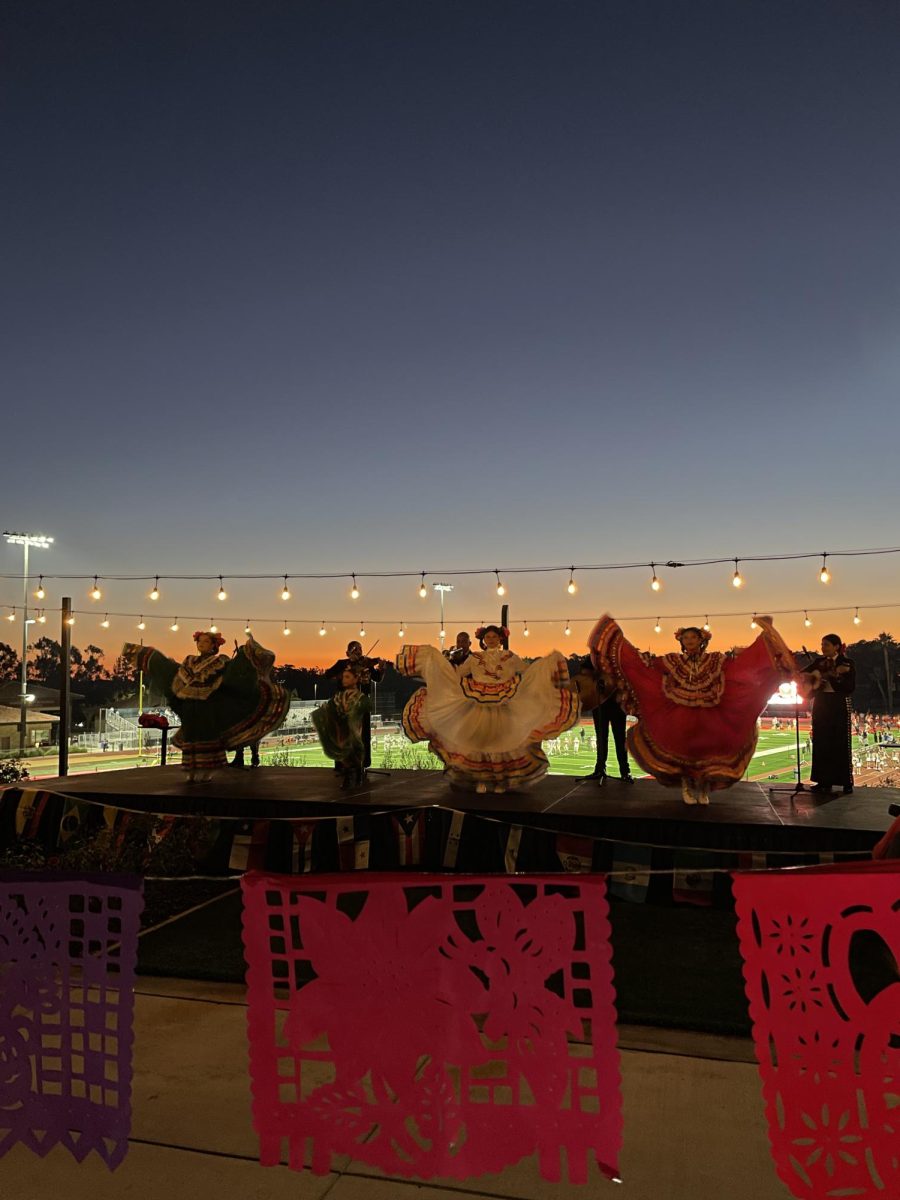













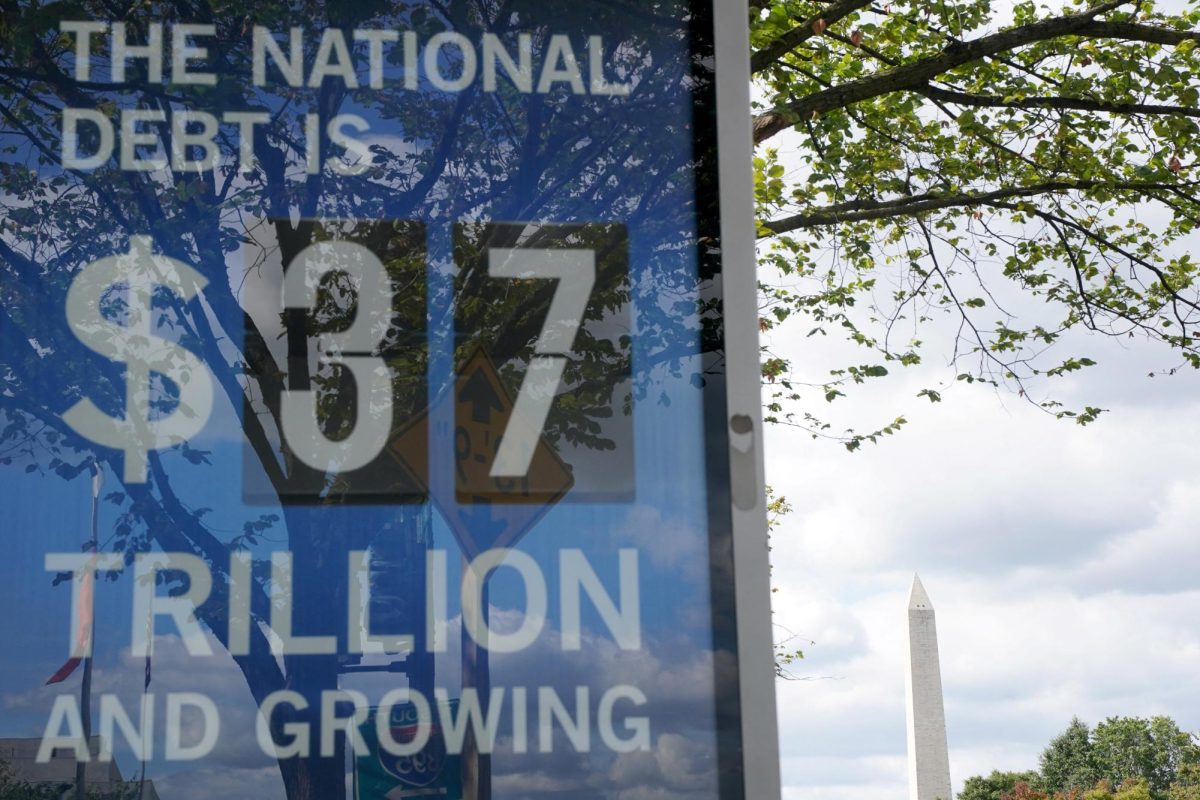





































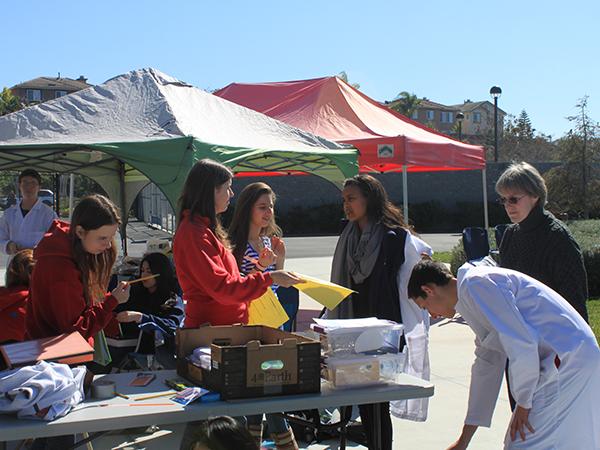
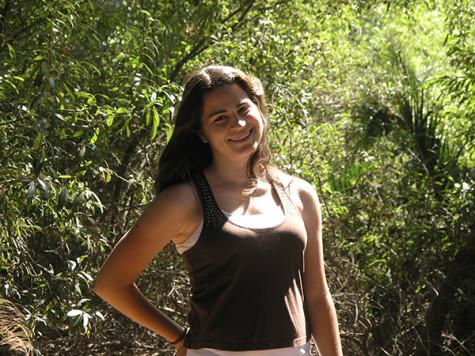
Emily Abdo • Mar 4, 2013 at 5:59 PM
Awesome article! It’s very well written, and I hope to read more from you!